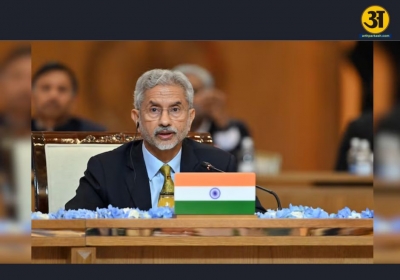
The Supreme Court declared today, while hearing a petition from former soldiers.
One Rank, One Pension policy "presents a much rosier picture"
The Supreme Court declared today, while hearing a petition from former soldiers, that the center's "hyperbole" on the One Rank, One Pension policy "presents a much rosier picture" than what is actually delivered to military pensioners.
After agreeing to OROP in principle, the Supreme Court yesterday asked the government if it had reversed its plan to pass on future pension hikes automatically. OROP stands for "One Rank, One Pension," a program that strives to provide pension uniformity for military members retiring at the same rank and with the same duration of service.
Indian Ex-Servicemen Movement, the petitioner, wants OROP to be automatically reviewed every year, rather than the current policy of once every five years.
The centre defended themselves at today's session, claiming that the Union Cabinet made the decision on OROP. The Supreme Court stated that no statutory definition of OROP exists at this time.
"Problem is your hyperbole on the policy presents a much rosier picture than what is actually given," Justice DY Chandrachud said, noting the petitioner's contention on discrepancy between parliamentary discussion and the OROP policy. "As I said, OROP is not a statutory term, it is a term of art," According to Justice Chandrachud. Justices Surya Kant and Vikram Nath also were on the bench.
"Yes, it is a term of art which we have defined with nuance and without any arbitrariness," said N Venkataraman, the center's lawyer.
Huzefa Ahmadi, a lawyer for the petitioner, claims that veterans who retired in 2014 receive a higher pension than those who retired between 1965 and 2013, defeating the objective of OROP.
The disparity in pension has been traced to a practice known as Modified Assured Career Progression, or MACP, which provides wage increases to retirees who have not been promoted in decades.
The government has significantly decreased benefits by tying OROP to MACP, according to the petitioner, and the principle of OROP has been rejected.
On February 23, the case will be heard again.
Also read: Harish Rawat says confident of Congress win in Punjab





